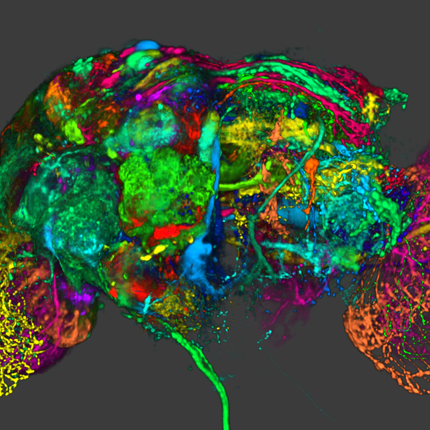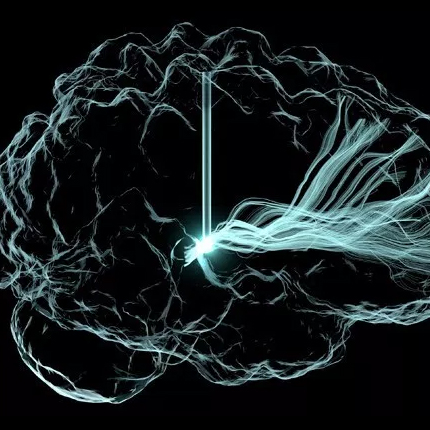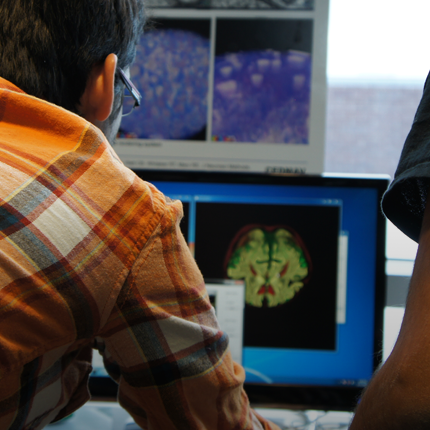Events on October 29, 2021

Michael Heroux, Director, Software Technology, Exascale Computing Project Presents:
Exascale and You: Lesser-known challenges & benefits from pushing performance limits
October 29, 2021 at 2:00pm for 1hr
CLICK HERE TO JOIN ZOOM
Abstract:
The US will deliver its exascale computing systems (capable of a billion-billion operations per second) over the next couple of years, enabling a new generation of application codes to deliver new simulation and analysis results. At the same time, the underlying tools and libraries that enable these application codes to achieve success will have a much broader impact, enabling higher performance for countless other applications, even those targeted toward workstations and clusters that contain accelerator devices.
Furthermore, the complexity of exascale computing ecosystems is providing incentives for a stronger focus on software quality and reuse, and increased collaboration, including bringing in new domains such as the cognitive and social sciences to help improve how we develop and use software for science.
In this presentation we give a brief overview of the Exascale Computing Project (ECP), then some details about the ECP Software Technology portfolio. We discuss the challenges of preparing for Exascale platforms including preparations for accelerated architectures from Nvidia, AMD and Intel. Finally, we touch on several aspects of ECP as a human endeavor and how we are attempting to leverage new knowledge and methodologies, especially from the social and cognitive sciences, to improve our teams and work.
Bio:
Mike Heroux is a Senior Scientist at Sandia National Laboratories, Director of Software Technology for the US DOE Exascale Computing Project (ECP) and Scientist in Residence at St. John’s University, MN. His research interests include all aspects of scalable scientific and engineering software for new and emerging parallel computing architectures.
He is the founder of the Trilinos scientific libraries, Kokkos performance portability, Mantevo miniapps and HPCG Benchmark projects, and is presently leading the Extreme-scale Scientific Software Stack (E4S) project in DOE, a curated collection of HPC software targeting leadership platforms.
Mike is involved software productivity and sustainability improvement efforts for DOE and NSF, and reproducibility initiatives for scientific publications with ACM and IEEE.
Posted by: Deb Zemek




